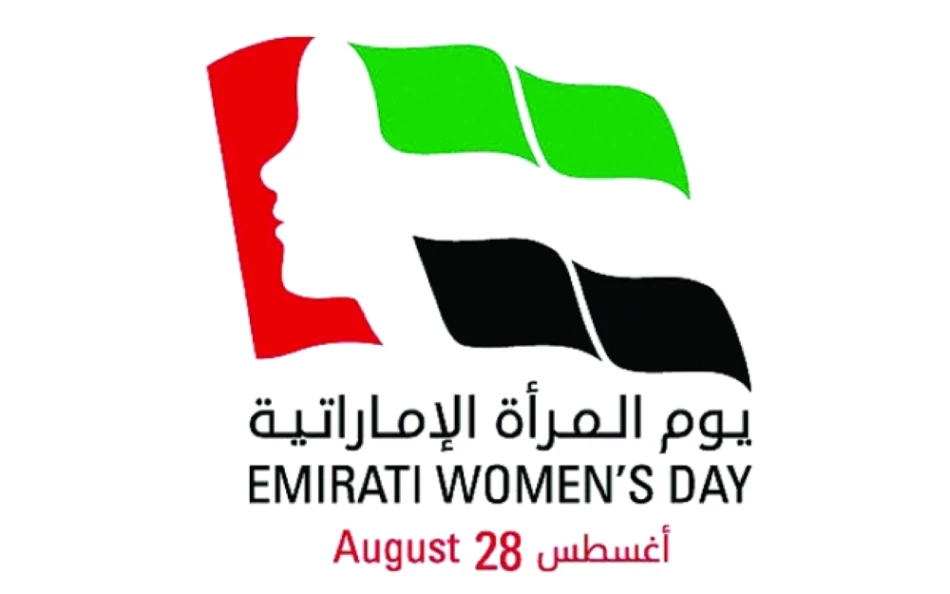
Emirati Women Celebrated: UAE Marks Empowerment and Achievements
UAE Sets Global Standard for Women's Empowerment as It Celebrates Five Decades of Progress
The United Arab Emirates marks Emirati Women's Day on August 28th with unprecedented achievements in gender equality, positioning itself as a regional leader while celebrating 50 years of systematic women's empowerment. Under the theme "Hand in Hand, We Celebrate the Golden Jubilee," the nation showcases how strategic investment in women's capabilities has become a cornerstone of sustainable development and economic diversification.
The Architect of Change: Sheikha Fatima's Transformative Vision
Sheikha Fatima bint Mubarak, known as the "Mother of the UAE," stands as the pivotal figure behind the country's women's movement. As President of the General Women's Union, Supreme Chairwoman of the Supreme Committee for Motherhood and Childhood, and Supreme President of the Family Development Foundation, her balanced approach has successfully merged modern progress with Arab cultural values and Islamic traditions.
The organized women's movement began on February 8, 1973, with the establishment of the Abu Dhabi Women's Renaissance Society—the first women's organization in the UAE. This was followed by similar associations across all emirates, culminating in the creation of the General Women's Union in 1975, which unified all women's societies under one umbrella.
Measurable Success: Rankings That Matter
The UAE's commitment to gender equality translates into concrete international recognition. The country achieved first place regionally in the World Economic Forum's Global Gender Gap Report 2025, while securing 13th place globally and first regionally in the UN Development Programme's Gender Equality Index 2025.
These rankings reflect more than symbolic progress. The UAE scored 82.5 out of 100 points in the World Bank's Women, Business and Law 2024 report, demonstrating that legal frameworks genuinely support women's economic participation—a critical factor often overlooked in oil-rich economies seeking diversification.
Political Representation Reaches Parity
Women now occupy 50% of Federal National Council seats, while 26% of the Cabinet consists of women leading vital portfolios including education, climate change, environment, and community empowerment. This level of political representation surpasses many established democracies and signals genuine power-sharing rather than tokenism.
Economic Impact: Beyond Oil Dependency
The economic dimensions of UAE's women's empowerment strategy reveal sophisticated planning for post-oil prosperity. Women constitute 71% of all Emirati employees in both government and private sectors, while holding 63% of leadership positions in government—statistics that would be remarkable anywhere, but particularly significant in a Gulf context.
Entrepreneurial Ecosystem Flourishes
More than 25,000 Emirati businesswomen own over 50,000 commercial licenses with total investments exceeding 60 billion dirhams ($16.3 billion). This entrepreneurial activity creates employment, drives innovation, and reduces economic dependence on traditional sectors—exactly what the UAE needs for its Vision 2071 long-term strategy.
The 55% female participation rate in the workforce, combined with equal pay legislation implemented in 2018, creates a competitive advantage in attracting international businesses and talent to the Emirates.
STEM Leadership Defies Regional Trends
Perhaps most strategically important for future competitiveness, 46% of STEM graduates in the UAE are women, while women comprise 50% of the space sector workforce. These figures position the UAE ahead of many Western nations in preparing for knowledge-economy transitions.
This STEM focus aligns with the UAE's ambitious space program, artificial intelligence strategy, and renewable energy initiatives—sectors that will define economic leadership in coming decades.
Legal Framework: Constitutional Guarantees With Teeth
The UAE's approach goes beyond policy statements to constitutional guarantees and specific legislation. The 2018 federal law mandating equal pay between genders in the federal government sector, followed by the 2021 UAE Labor Law extending similar protections to private sector workers, creates enforceable rights rather than aspirational goals.
Article 4 of the new labor law specifically requires equal pay for equal work—a provision that many developed economies still struggle to implement effectively.
Global Influence: Exporting the Model
The UAE leverages its success domestically to build international influence through women's empowerment initiatives. The Sheikha Fatima bint Mubarak Initiative for Women's Empowerment in Peace and Security has trained over 500 women globally, while the Arab Observatory for Women's Economic Development project, adopted at the 2023 Leaders Summit, creates partnerships across the Arab world.
These initiatives serve dual purposes: genuine development assistance and soft power projection that enhances UAE's regional leadership credentials.
Strategic Implications for Regional Competition
The UAE's women's empowerment success creates competitive pressure on neighboring Gulf states while attracting international investment and talent. Companies increasingly factor gender equality into location decisions, particularly in knowledge sectors where the UAE seeks to excel.
For investors and multinational corporations, the UAE's gender equality metrics signal political stability, social modernization, and alignment with global ESG standards—factors that translate into reduced investment risk and enhanced market access.
The UAE's systematic approach to women's empowerment over five decades demonstrates how strategic social policy can drive economic diversification and international competitiveness. As the country celebrates this milestone, the model offers lessons for emerging economies seeking sustainable development beyond natural resource dependence.
Most Viewed News

 Sara Khaled
Sara Khaled






